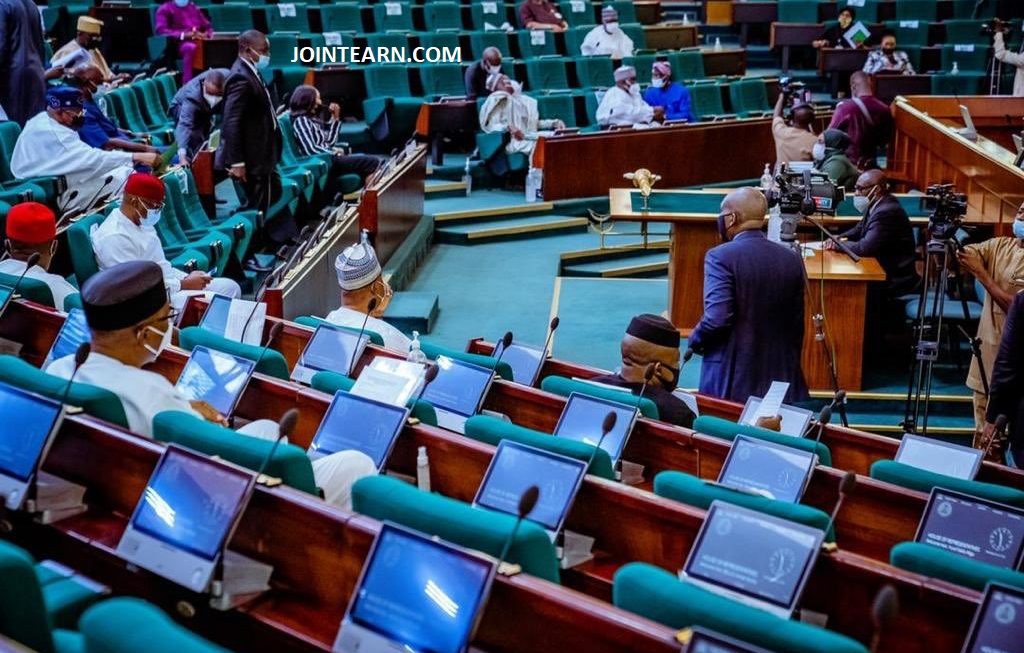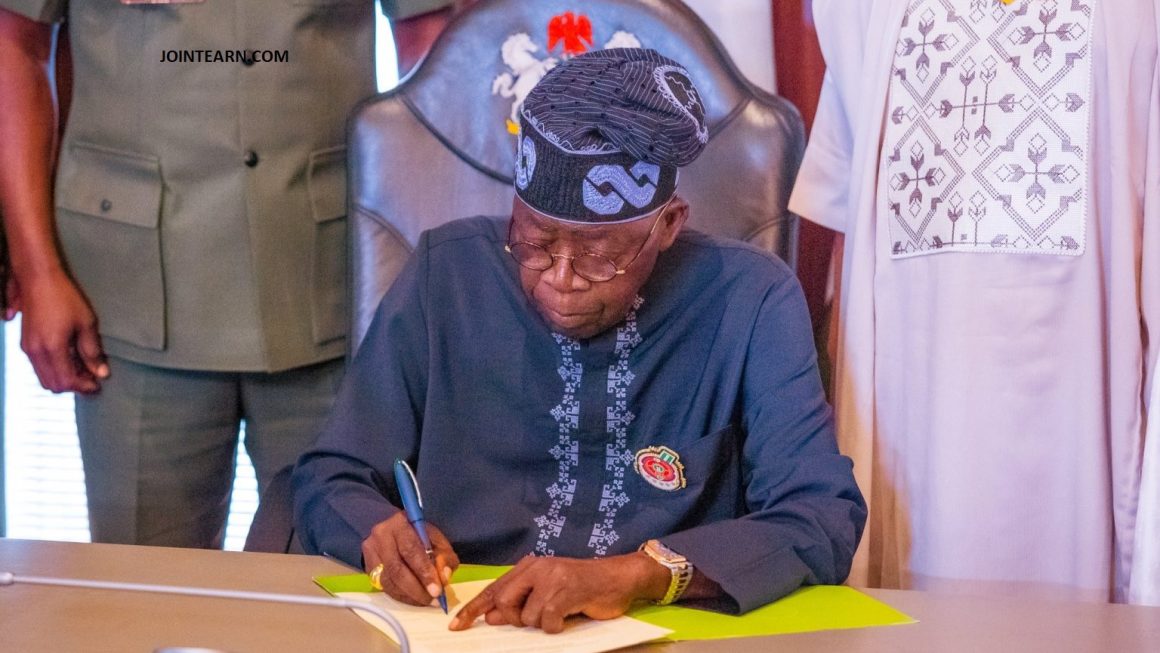The Economic and Financial Crimes Commission (EFCC) has intensified its ongoing investigation into a suspected $2.96 billion financial scandal involving the Nigerian National Petroleum Company Limited (NNPC), uncovering what officials describe as “compelling and far-reaching” evidence of corporate and financial misconduct.
Sources within the anti-graft agency revealed that the probe, which began several months ago, has widened in scope, implicating multiple individuals and entities within and outside NNPC, and potentially exposing one of the largest corruption cases in Nigeria’s oil and gas sector in recent years.
Multi-Layered Financial Irregularities
According to findings shared by EFCC operatives familiar with the investigation, the $2.96 billion in question was allegedly siphoned through a web of opaque transactions, unauthorized payments, inflated contracts, and questionable offshore dealings. The probe reportedly focuses on transactions carried out over several years, involving subsidiaries, joint venture partners, and select contractors.
Preliminary forensic audits have revealed discrepancies in the reconciliation of crude oil sales, underreported remittances, and unapproved financial commitments that bypassed proper due process. A senior EFCC source, who requested anonymity, described the case as “complex but traceable,” noting that investigators are piecing together documentary trails, bank statements, and internal memos to establish a clear pattern of malfeasance.
“This is not a single transaction but a series of highly coordinated financial movements designed to avoid detection. We are now in possession of documentation that connects several key players across both the public and private sectors,” the source stated.
Key NNPC Officials Under Scrutiny
While EFCC has not released an official list of those under investigation, insiders confirm that several former and current senior NNPC officials have been invited for questioning. These include former directors of finance, procurement managers, and executives linked to NNPC’s upstream operations. Some high-ranking government officials who supervised petroleum sector dealings during past administrations may also be called in for further clarification.
Already, EFCC is said to have obtained witness statements from individuals with insider knowledge of the alleged scheme, including whistleblowers who have been placed under protective custody. These testimonies are believed to have played a vital role in unlocking deeper leads.
Investigators are also collaborating with international anti-corruption partners, including financial intelligence units in Europe and the United States, to trace suspicious foreign bank accounts and transactions that could have laundered proceeds of the alleged fraud.
EFCC Chairman Speaks
EFCC Chairman Ola Olukoyede, while addressing journalists at a recent anti-corruption conference in Abuja, acknowledged that the commission is currently working on “some of the most significant economic crimes” involving public institutions. Though he did not mention NNPC specifically, he stressed that no individual or organization is above scrutiny.
“We are determined to restore transparency and integrity to Nigeria’s critical sectors, including oil and gas. Nigerians deserve to know how their commonwealth is managed, and we will not relent in our pursuit of truth and accountability,” Olukoyede said.
He added that the EFCC is improving its forensic capabilities and leveraging technology to track and analyze large-scale transactions that often escape regular audits.
Reactions from NNPC and Industry Stakeholders
The NNPC has yet to issue a formal statement regarding the EFCC’s probe, but sources within the company have expressed readiness to cooperate with investigators. A senior NNPC official, speaking on condition of anonymity, said the company welcomes the probe if it would help restore public confidence and ensure compliance with financial and operational standards.
“We are aware of the EFCC’s interest in some historical transactions, and we are providing documents as requested. As a company, we remain committed to transparency and due process,” the official stated.
Industry analysts believe the development could signal a new phase in the government’s anti-corruption drive within the petroleum sector. Dr. Ifeanyi Eze, an energy policy expert, noted that the NNPC has long been perceived as opaque in its financial dealings. “For decades, there have been calls for greater accountability. If this investigation is thorough and impartial, it could mark a turning point for public trust,” he said.
Public Reactions and Civil Society Pressure
The news of the investigation has generated widespread public interest and renewed calls for accountability in the management of oil revenues. Civil society groups such as the Socio-Economic Rights and Accountability Project (SERAP) have urged the EFCC to be transparent in its proceedings and ensure that all those found culpable are prosecuted without fear or favor.
“We are watching this process closely. The oil and gas sector has been plagued by secrecy and mismanagement for too long. This $2.96 billion must not go down as just another unresolved scandal,” said Kolawole Oluwadare, SERAP’s Deputy Director.
Some citizens on social media have expressed frustration over what they describe as a recurring cycle of exposés without corresponding convictions. Others, however, see the expanded probe as a bold step toward restoring accountability in a key sector of the Nigerian economy.
What Happens Next
The EFCC has stated that the investigation is ongoing and that more details will be made public as progress is made. Legal experts say that if charges are eventually filed, the case could have far-reaching implications for Nigeria’s anti-corruption framework, particularly concerning the prosecution of economic crimes involving high-ranking officials.
Observers also expect that findings from the investigation may trigger internal reforms at NNPC, including stricter financial oversight, improved corporate governance, and a possible overhaul of some operational structures.
For now, Nigerians await the outcome of the investigation, hoping it will lead not just to arrests and convictions, but to the recovery of stolen funds and the strengthening of institutions.









